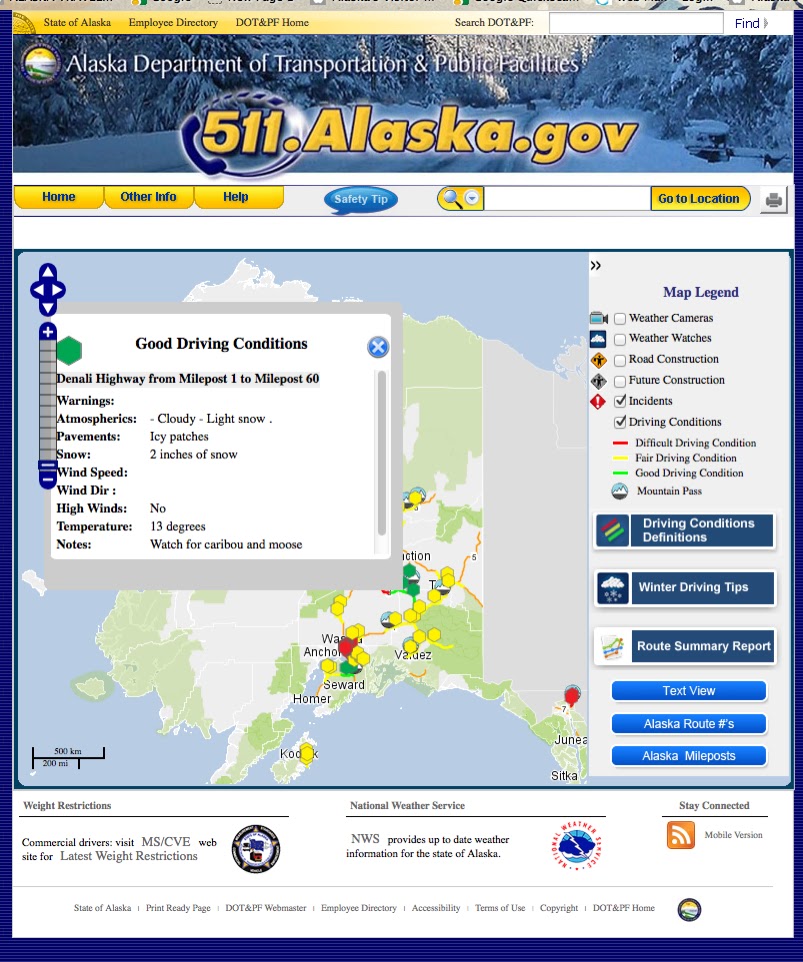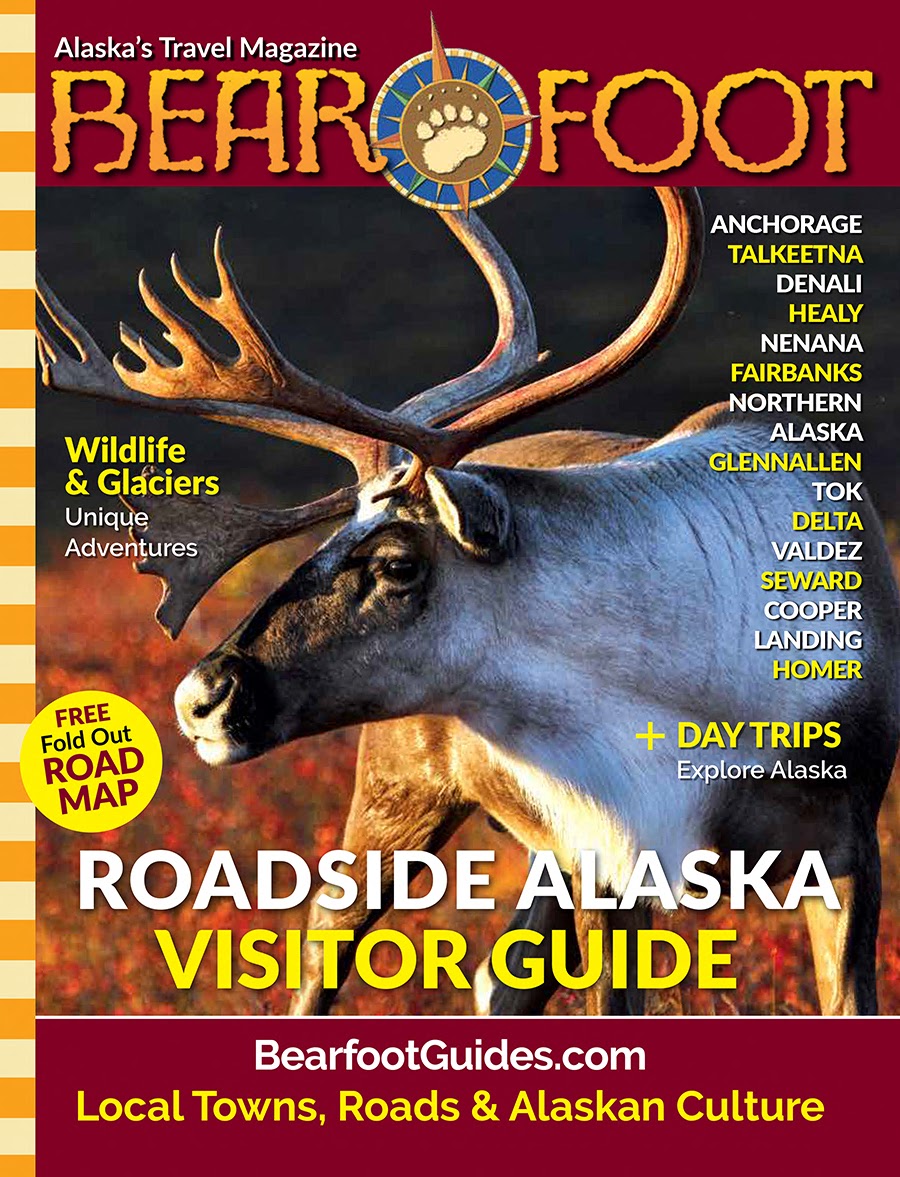Trading, "Informal Economy" Transactions More Likely For Rural People
FROM THE DAILY YONDER Rural Americans Are More Likely to Participate in the Informal Economy, Study Shows Compared to urban residents, mo...
https://www.countryjournal2020.com/2025/06/trading-informal-economy-transactions.html
FROM THE DAILY YONDER
Rural Americans Are More Likely to Participate in the Informal Economy, Study Shows
Compared to urban residents, more people in rural areas engage in the informal economy, like home repair and subsistence food production, among other things, according to rural sociologists.
by Sarah Melotte June 11, 2025
This post is from our data newsletter, the Rural Index, headed by Sarah Melotte, the Daily Yonder’s data reporter. Subscribe to get a weekly map or graph straight to your inbox.
There is a dentist in my county who often gets paid in art. Artists who don’t have health insurance will offer something like a painting or a sculpture in exchange for dental work. I live in Mitchell County, North Carolina, home of the world-renowned Penland School of Craft, and my community has more artists per square mile than probably anywhere I’ve ever visited. I’ve never had an appointment with this art patron dentist, but my artist friends say his office is full of local treasures.
Exchanging art for healthcare is an example of what sociologists refer to as the informal economy, or work that lies outside the scope of government regulation. Things like bartering, getting paid under the table, or mowing a neighbor’s lawn in exchange for fresh produce are just a few examples of what kinds of transactions can take place in the informal economy.
The formal economy, on the other hand, refers to methods of employment that fall under the government’s purview, labor that is taxable and regulated by governmental agencies, in other words.
Rural Americans are more likely to participate in the informal economy compared to their urban counterparts, according to a 2019 study published in Rural and Small-Town America, a new book written by rural sociologists Tim Slack and Shannon M. Monnat.
“People have been paying attention to rising economic precarity for a growing portion of people,” said Slack, who is a professor of sociology at Louisiana State University. “A lot of people are looking for compliments or substitutes for formal sector opportunities.”Want more rural data and geography?
Sign up to get Sarah Melotte's The Rural Index Historically, economic theorists asserted that, as economic systems develop, the formal economy sees a corresponding growth, and reliance on the informal economy declines, according to Slack. But a recent body of research shows that the informal economy is still thriving as people continue to rely on bartering or “under the table” transactions to supplement their incomes in the formal sector.
In Rural and Small-Town America, Slack and Monnat cite a 2019 survey of 1,837 respondents that demonstrates the different ways that Americans participate in the informal economy.

“We get paid in different ways: 20 bucks, a bag of tomatoes, it just depends,” said a respondent in the study. “Like the guy I clean house for, he takes me to work in the winter. He’s got a four-wheel drive truck. So that’s how I get paid there. We often get paid by things. And a lot of the time when we do things for people around here it’s in exchange for another job. Like [my husband], he just finished painting a house. Well he’s getting paid in two truckloads of stone for our road out there. That’s a hell of a lot of money we saved [on that gravel].”
The most popular type of work that takes place in the informal economy among all respondents was growing food. Seventy-two percent of the rural respondents said they grew or produced at least some of their own food, compared to 66% of metropolitan respondents.
The second most popular type of activity in the informal economy was home repair or improvement, with 33% of rural respondents saying that they participated in home repairs and 25% of metropolitan respondents saying the same.
In the informal economy, the type of work with the largest gap between rural and urban respondents was hunting and fishing. While 27% of rural respondents said they hunted, fished, or gathered from the land, only 13% of urban respondents said they did.
“People’s ties to other folks can both facilitate economic action and give us economic opportunities,” said Slack.
In the informal economy, personal relationships carry a heavier weight since the government doesn’t regulate the employee/employer relationship, according to Slack. If someone violates social norms of reciprocity, others in the community will often exclude them from participating in the informal economy as a consequence. This dynamic is especially strong in smaller communities, where social ties are typically more dense, Slack said.
“In rural and small town areas, you tend to have less anonymity and a greater density of networks and acquaintanceships,” Slack said. “In a small town, you either know people directly, or you sort of know them through the people they know. And it’s exactly those kinds of things that facilitate the ability to engage in informal work together.”
















